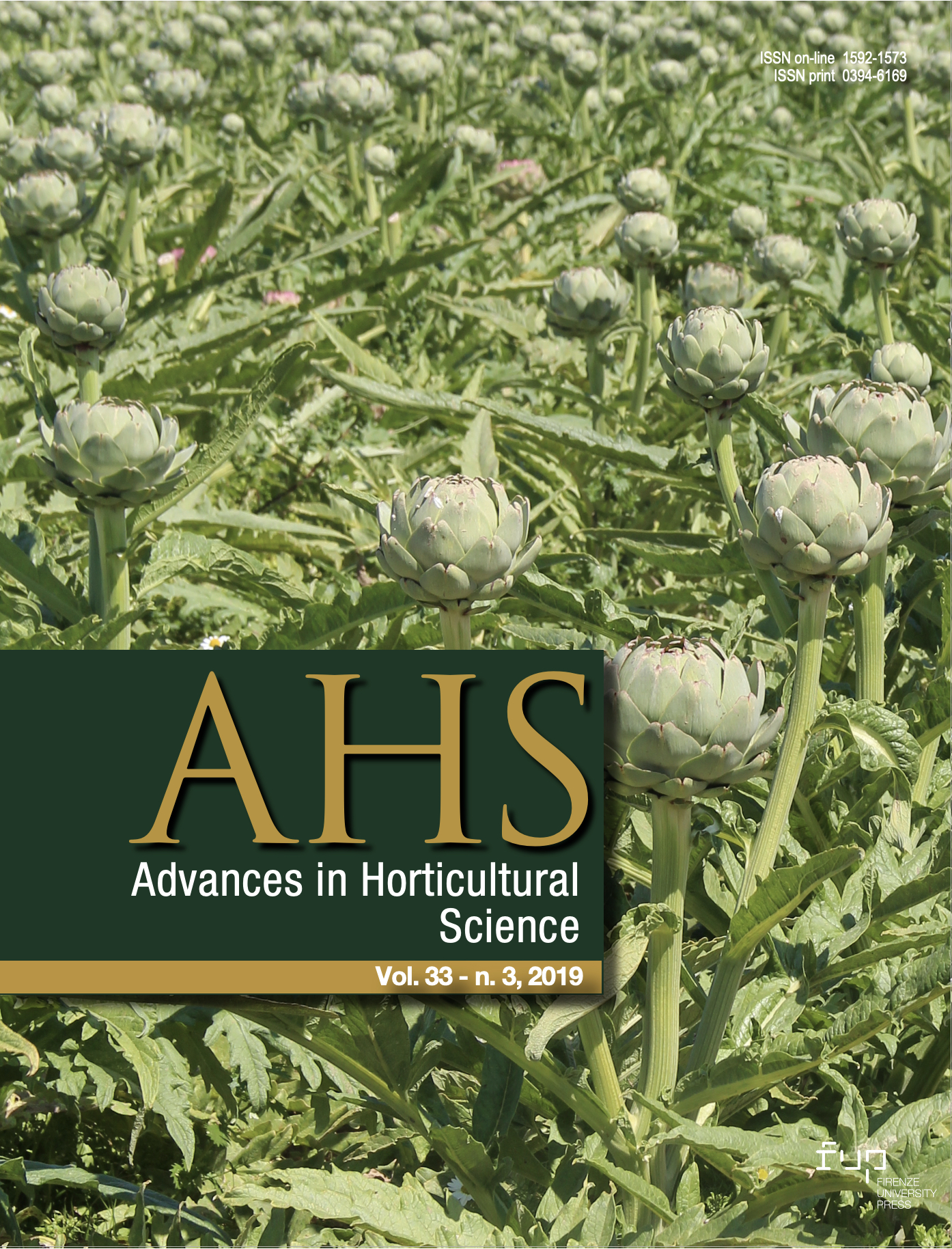Published 2019-10-29
Keywords
- Deteriorations,
- Gompertz,
- logistic,
- Regression,
- Viability
How to Cite
Abstract
Seeds longevity loss is an inevitable problem of seed storage. Applications of nonlinear regression models to describe and predict the aging damages to seed germination would be reliable and helpful for understanding the relationship between seed quality and storage condition. In this study, various nonlinear models, including logistic, Hill, Weibull, Sigmoid, Gompertz and Probit, were applied on seed germination data, obtained from the accelerated aging test of three Iranian okra landraces. Results revealed that the Weibull 4 parameter and Probit 4 parameter functions failed to describe cumulative germination of Ahwaz ecotype in contrast to sigmoid models. The best three parameters sigmoid model to describe germination data of Isfahan ecotype was Hill 3p (AICc=26.89) while there was a failure to fit germination data using Weibull 4p and Probit 4p. Mashhad germination and vigor was well described using Hill 3p (AICc=33.72 and 32.22). It is suggested that the use of the Hill, Gompertz and Weibull parameters provided more information of viability and vigor loss of okra seeds during deterioration conditions.






